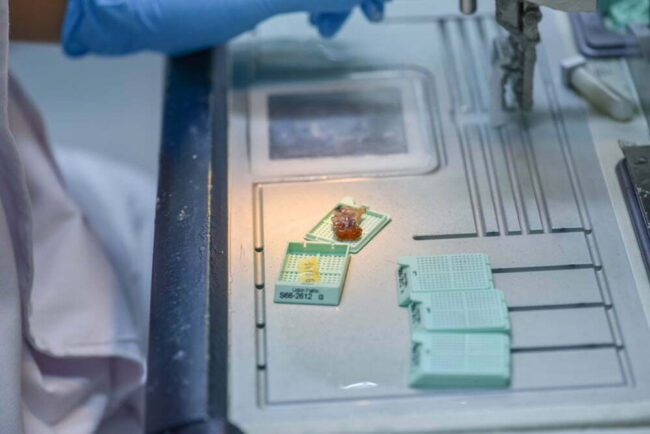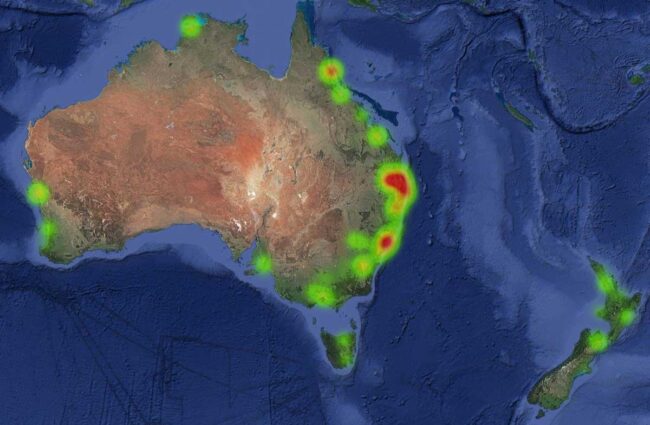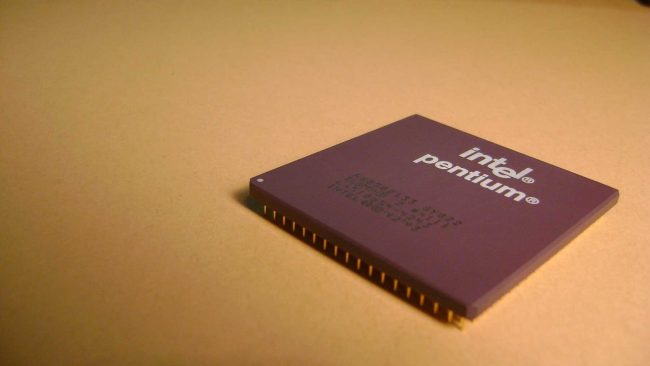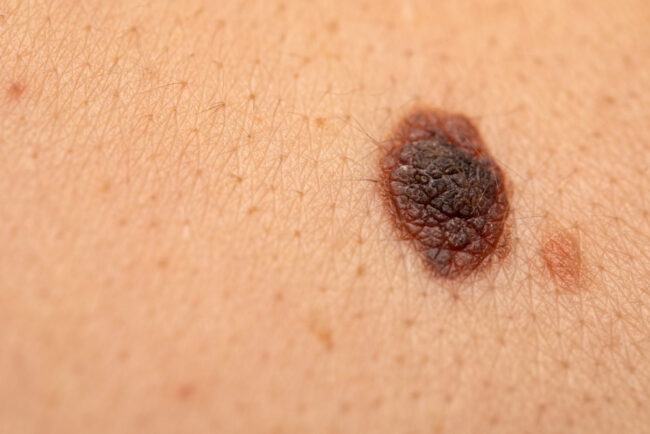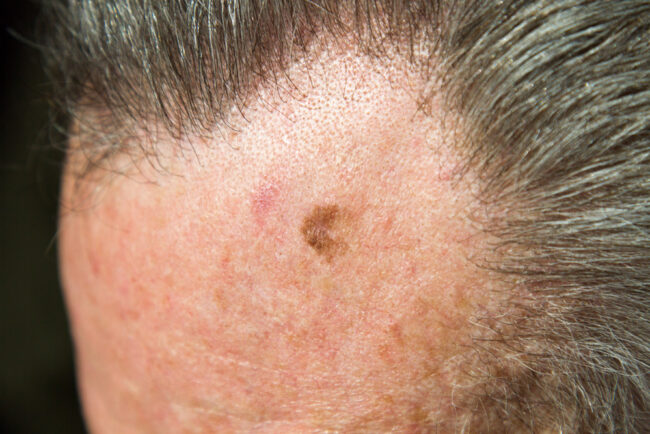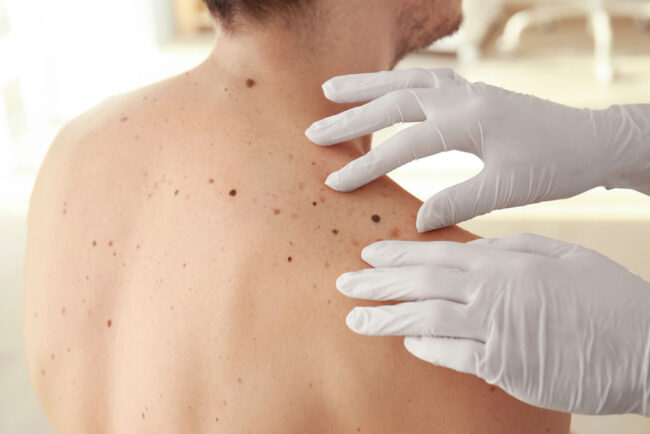Research topics and publications
Over the past decade, the SCARD database has played a pivotal role in tracking and improving skin cancer diagnosis and treatment in Australia. As we look back on the data from 2015 to 2024, several key trends emerge that highlight both advancements and ongoing challenges in the field.
Medical professionals constantly grapple with a wealth of information,. How they digest and utilize this data can have a profound impact on patient outcomes.
Medical research in the field of skin cancer relies on significant computing power to process and analyse vast amounts of complex data. As skin cancer cases increase, more computational resources are needed to make meaningful strides in improving diagnostic accuracy and treatment options.
With regular reports of data breaches worldwide, security and compliance are a continuous focus of Skin Cancer Audit and Research Data Inc for the deidentified skin cancer results and databases we maintain.
This article is intended to provide information on the technology used by SCARD Inc for the collection and storage of data as well as the security and compliance measures undertaken.
Thank you for the opportunity to respond to Melanoma diagnosis at a specialist dermatology practice without the use of photographic surveillance.
In this study, the authors provide an interesting descriptive report on a private dermatology practice in Brisbane, Queensland, Australia, practising without photographic surveillance.
The fifth publication utilizing SCARD (and part of 3 papers by the same research team) was published in April 2023 with the Australasian Journal of Dermatology
One of the goals of Skin Cancer Audit and Research Data Inc is to establish a data lake of skin cancer treatments as well as processed results available in a database.
A database and a data lake are both data storage systems, but they have different architectures and use cases.
Skin cancer is a significant health concern in Australia, with one of the highest rates of skin cancer globally. As such, doctors and primary care practitioners must be well-educated on skin cancer treatment to ensure patients receive appropriate and effective care.
Deidentified records are a commonly used approach in medical research to protect the privacy of individuals whose data is being used. In Australia, the National Health and Medical Research Council (NHMRC) provides guidelines for using deidentified data in research.
Undertaking self-auditing is crucial for doctors in their practices for several reasons. Self-auditing refers to evaluating one’s work to ensure that it meets the required standards, and it involves reviewing medical records, patient care, and clinical outcomes.

